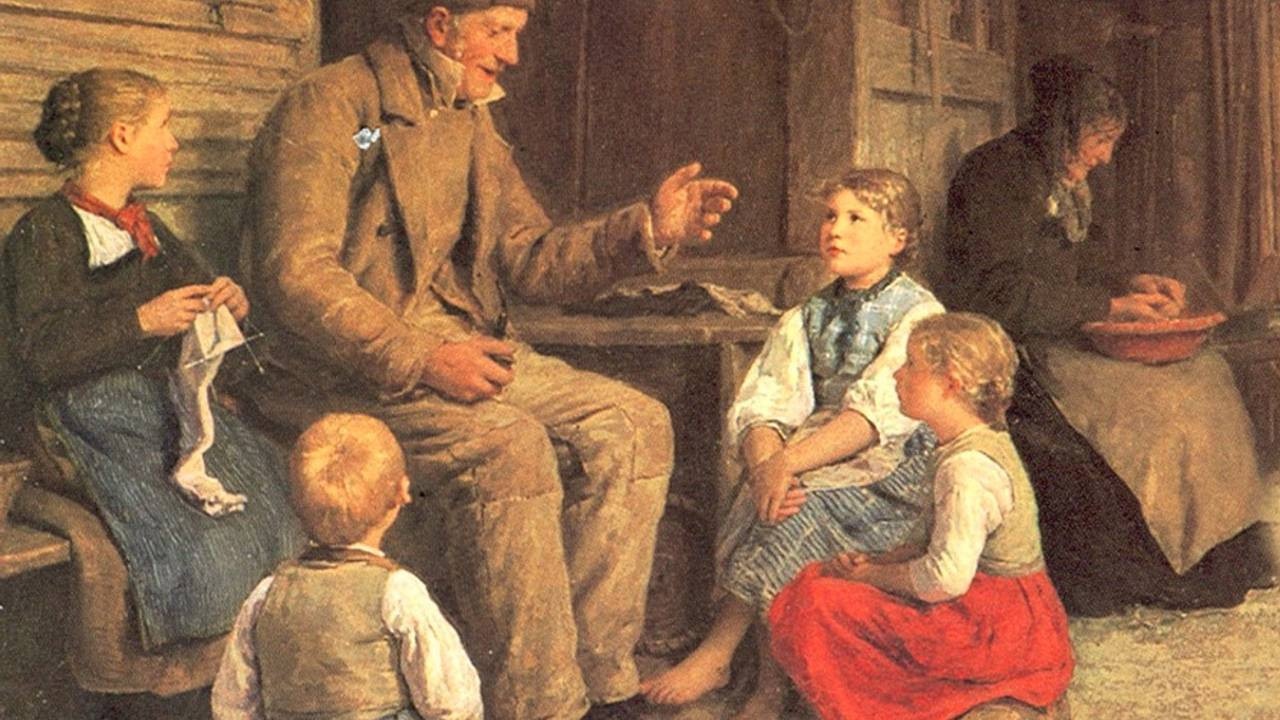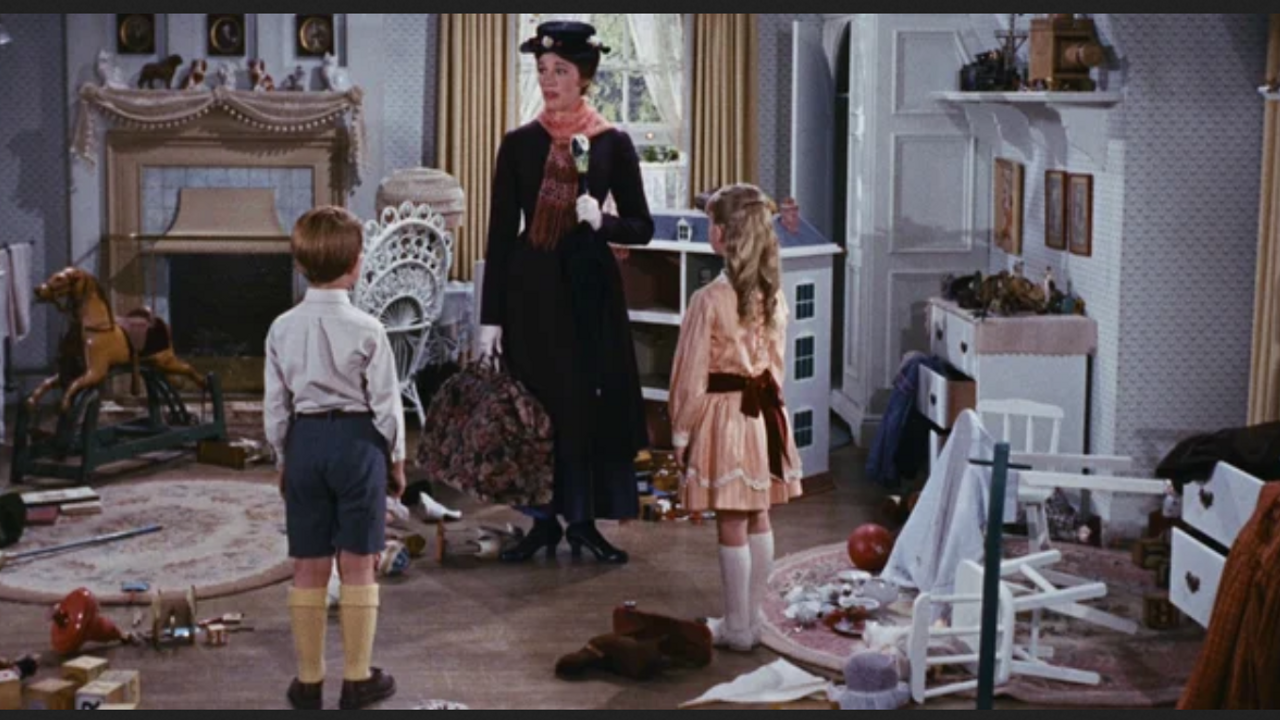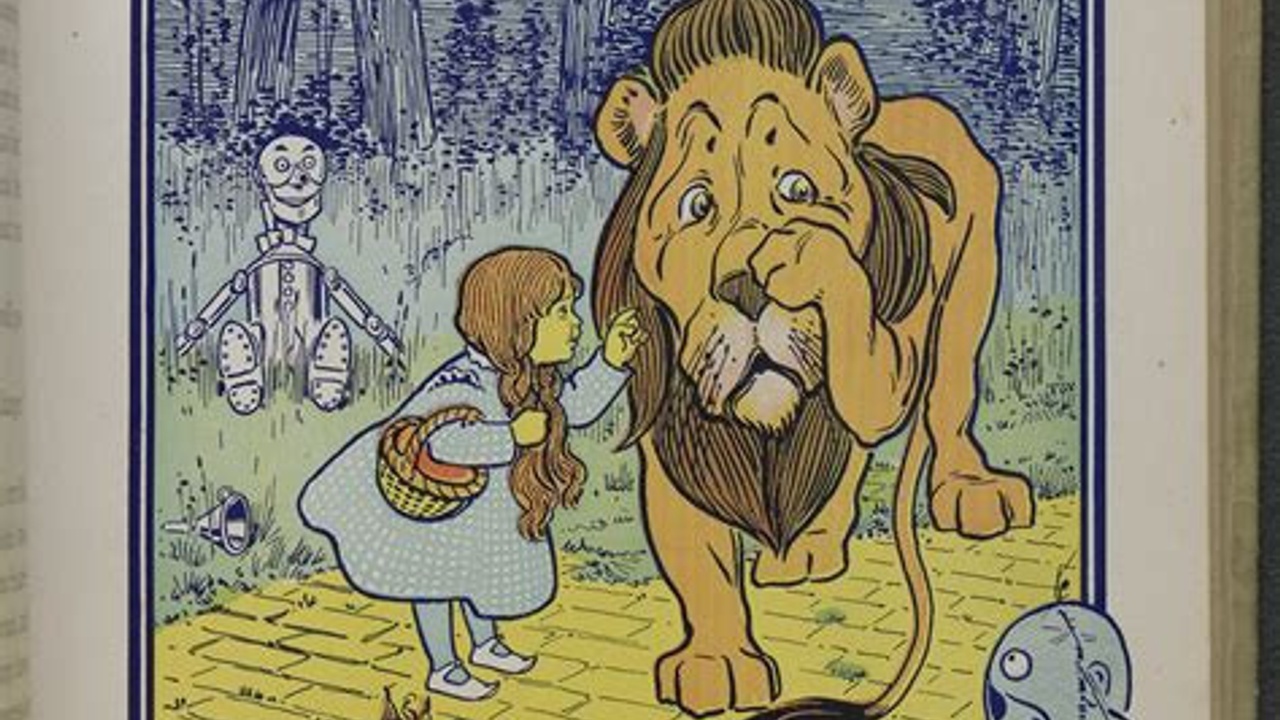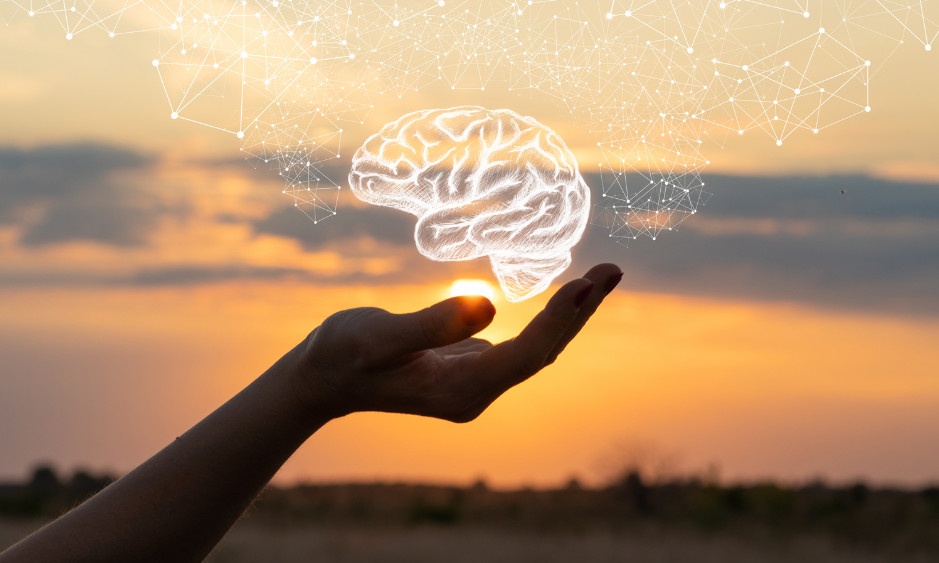Neuroscience of Change
Pain and the Neuroscience of Patience

About twelve years ago, several years after I was diagnosed with Multiple Sclerosis, I began to have regular episodes of neuropathic pain.
Every few hours, there would be some intensity of sensation in the area of my right shoulder blade, right shoulder, or down my right arm. On a scale of ten, where zero is no pain, and ten is unbearable agony, these episodes would be between a three and a seven. At least once or twice a day, I would negotiate a nine, which means the pain was so intense that I would sit still, in a kind of stunned, submissive acceptance, and wait for it to pass.
By every few hours, I mean that for those years, I never slept through the night. I was chronically sleep-deprived. For some episodes I would be awake and in pain before I even understood where or who or what I was. The body is an amazing thing.
Each time was different. They evolved. I named them. The chandelier was where every small movement sent excruciating cascades. The lava flow was a burning flow...
The Neuroscience of Language and Reality (the Story of your Brain, Part 2)

“The limits of my language means the limits of my world.” --Wittgenstein
At some point in my twenties, when I read the Autobiography of Malcolm X, I decided to visit West Africa. I am white, and grew up in Florida. Anyone who tells you that racism is in the past has not been paying attention. I was drawn to see if I could understand why going to Africa had such a powerful impact on his thinking about how blacks and whites can work together.
When I got off the plane in the Gambia, I was ushered onto a bus to a fancy hotel with a fancy pool with a bar on an island. This was not what I had come to see. So I walked out the front gate. I discovered that I could make friends and stay with them. I had a notebook, and would ask in English (and later in French in Mali), how do you say, “good morning,” and “breakfast,” so on. Gradually, in each place I visited, I learned enough Mandinka, Fula, and Wolof to have very basic conversations with my hosts,...
What's the Story With Your Brain, Part 1

A little more than six months ago, when she was not quite three, my daughter awoke very upset, saying to my partner, “Mommy, I can’t read!” Of course I can’t be sure, but it seemed she was longing to be able to simply explore her books on her own (rather than being upset because she feels pressured to read from us, say. We don’t really have timelines for what she needs to be able to do when).
One of the wondrous things about being her dad is the expansive and probing illumination of her stories. She’ll flip through a book and tell herself a story about it. We do a lot of role play. Are you the submarine? I’m the piranha. Will you be the grocer? Let’s have lunch in the park. Pretend lunch. And as other parents will confirm, these imaginings come mostly from who knows where.
Besides being part of how we learn and remember things, story may be central to healthy neural function. Previously, we discussed how oxytocin activates a kind of...
Psychological Doubling and the Neuroscience of Bias

We each think of ourselves as moral and ethical creatures. It appears that everyone sees themselves that way, even those engaged in unethical, exploitative science, like these doctors, including a former president of the Canadian Paediatric Society who – it was revealed in 2013 – experimented on children at six residential schools around the same time that the Nuremberg code was created to explicitly address harmful experimentation by physicians.
Doubling was the psychological vehicle … in exchange for his contribution to the killing, he was offered psychological and material benefits.The Nazi Doctors: Medical Killing and the Psychology of Genocide (Robert J. Lifton, 2017)
There is a puzzle here, in that being moral does not necessarily mean that one is not doing harm. How do we reconcile this contradiction? An understandable response is horror, anger, and outrage at such a violation of trust, such hypocrisy, such brutality. But then come the...
From Trauma and Courage to Safety

These days bring me effortlessly to the big questions. I wonder about basic stuff: Who am i? Why are we here? What's worth doing? If I'm candid, it's probably also a consequence of being dad to a toddler, curious about everything. Being a parent is partly an opportunity to be in awe at random, unexpected moments. It's humbling to be surprised by this.
One of the things on my mind is safety. I've had a relatively narrow view of what it means to be safe, for different reasons.
We were taught as kids to be mindful to be physically safe in each moment. We didn't discuss how the way we live may be dangerous for our future selves, or future children. And we're neurophysiologically ill-equipped to respond to such abstract threats. With an alligator I have a visceral reaction. With climate instability, or a pandemic, there's some imagination involved. For many of us, most of the time, the consequences of our actions are literally imaginary.
We also were not taught that safety is wildly...


